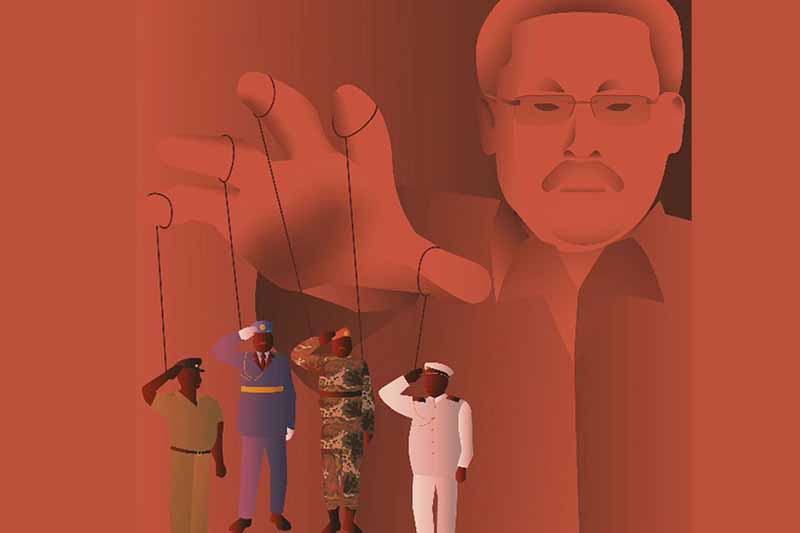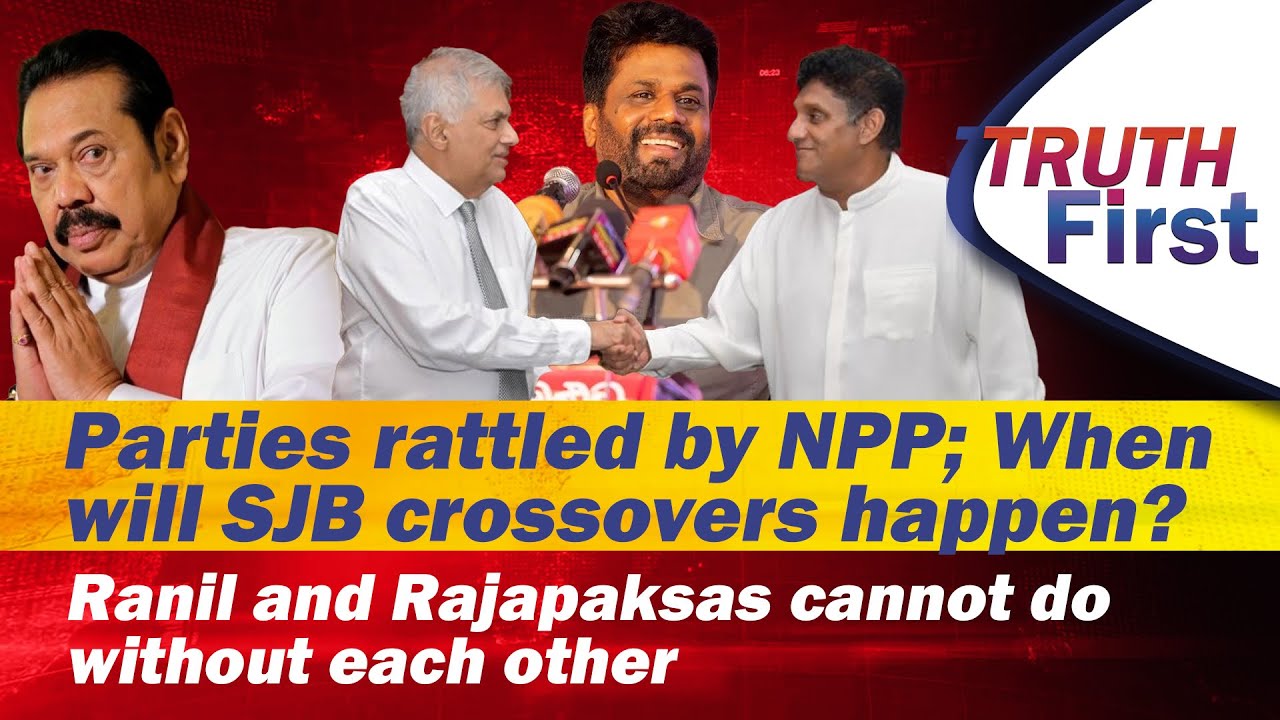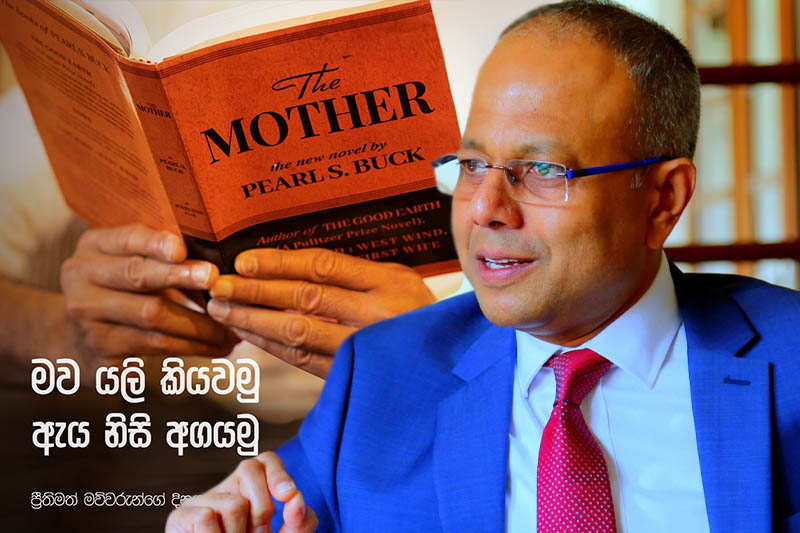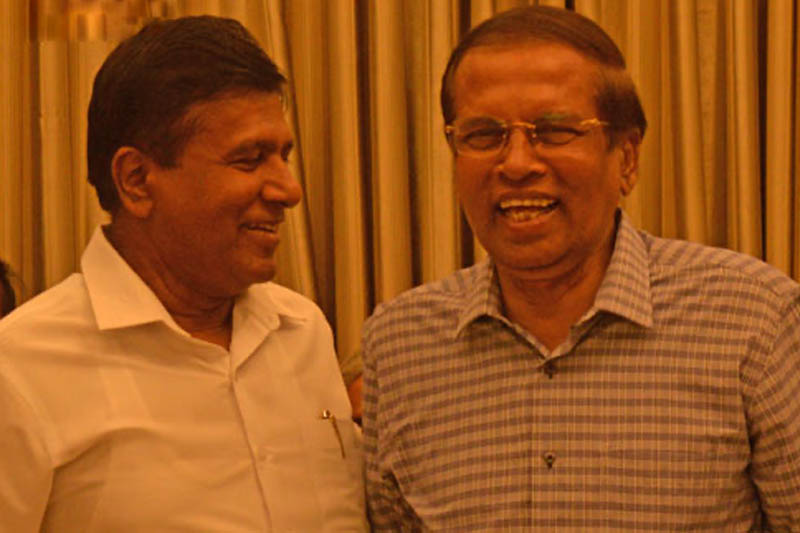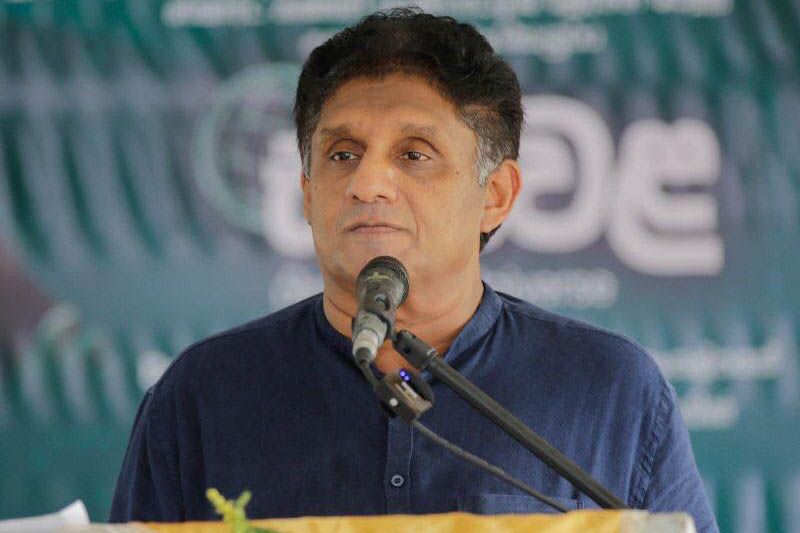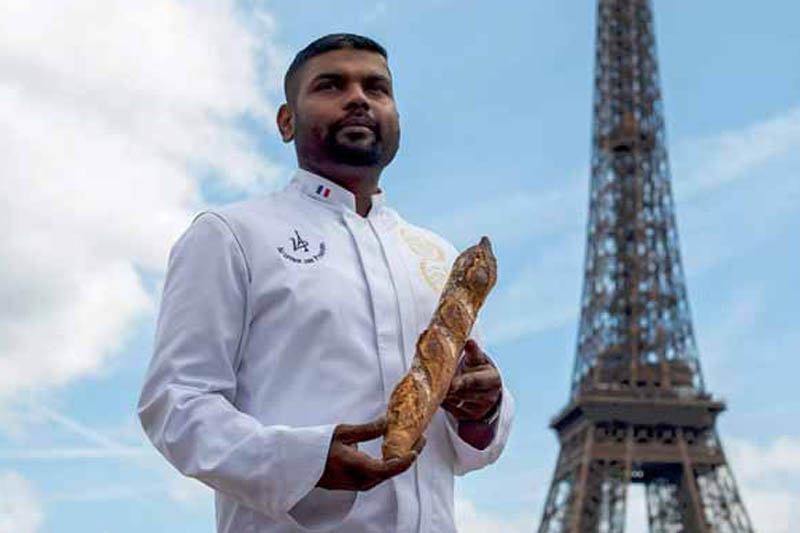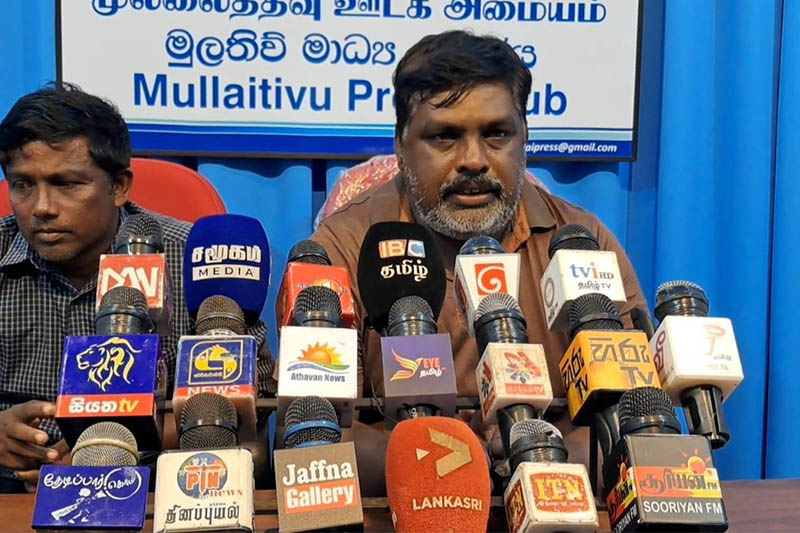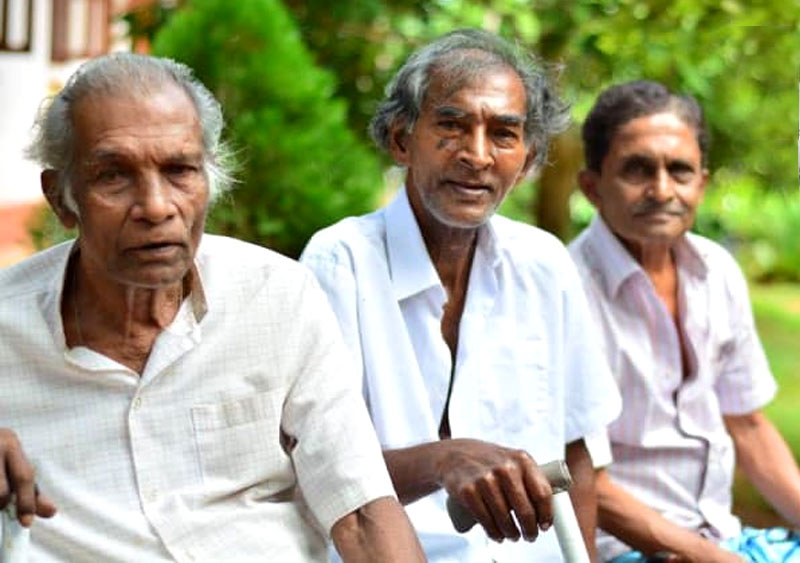The International Truth and Justice Project (ITJP) has released a report highlighting key evidence of Gotabaya Rajapaksa's "pivotal role" in final phase of the armed conflict in which tens of thousands of Tamils were killed.
ITJP's latest report details how former president Gotabaya
Rajapaksa, who served as Sri Lanka's Defence Secretary during the final months of the armed conflict, has "command responsibility for multiple violations of international humanitarian law and international criminal law amounting to war crimes and crimes against humanity."
In the report, the ITJP illustrates how Gotabaya had contemporaneous knowledge of the violations of international humanitarian law and international criminal law being committed, and failed to take any steps to prevent them or to hold those under his command accountable. He and successive Sri Lankan governments have had countless opportunities since the armed conflict ended to initiate credible investigations into allegations of gross human rights violations and to establish prosecutions.
These crimes include the deliberate and indiscriminate shelling of hospitals and civilian encampments, resulting in unlawful killings, torture, and sexual violence, the planned enforced disappearance of hundreds of LTTE cadres after they surrendered, the deliberate starvation of civilians, and the withholding of medication and objects necessary to their wellbeing, and the failure to investigate allegations of these violations, as well as the unlawful abductions and detentions of opponents.
“Instead of allowing the truth to come to light, Gotabaya and his successors have perpetuated denial of the complicity of the security forces in these violations, rewarding and protecting the alleged perpetrators,” the report states.
“If Sri Lanka is serious about dealing with its violent past, the litmus test is to hold Gotabaya Rajapaksa criminally accountable for war crimes and crimes against humanity,” Yasmin Sooka, ITJP's Executive Director said in a press release.
Gotabaya's role in specific incidents
The report explains that Gotabaya was "instrumental in issuing direct orders to commanders in the field, flouting the conventional hierarchy" and notes the role he played in specific incidents at the end of the armed conflict but also in the years leading up to 2009.
ITJP state that according to a book by then Navy commander Wasantha Karrannagoda, Gotabaya gave order to attack Sampur in the Eastern province during August and September 2006. The Government’s belief was the LTTE’s control of Sampur endangered the country’s most important navy base at Trincomalee.
"Wasantha Karannagoda reminisced about receiving the order from Gotabaya Rajapaksa to use breakaway LTTE paramilitaries under Karuna to attack Sampur in 2006, with he says, Gotabaya also issuing direct orders to the 22 Division Commander of the Army," the report says.
In the final months of the armed conflict, the Sri Lankan government declared three 'No Fire Zones' in which they encouraged Tamils to seek shelter in them. However, the NFZs were subject to daily bombardment by the Sri Lankan armed forces.
ITJP reference a UN investigation into Sri Lanka which found that there was "compelling evidence that the Sri Lankan army established, maintained and updated throughout the last five months of the conflict, an operational military capability to fire substantial quantities of artillery munitions into areas heavily populated with IDPs and specifically the No Fire Zones, and that there was “active and sustained SLA targeting of No Fire Zones.”
Gotabaya's failure to investigate
In the report, the ITJP explores how Gotabaya failed to respond and investigate widespread human rights violations when they were brought to his attention and blocked investigations in many cases.
ITJP found that in 2006, the Rajapaksa government promised the US Government it would investigate alleged violations of human rights but a US telex from March 2007 indicates that when 433 police officers and soldiers were arrested on charges of abduction and extortion, Gotabaya blocked the police chief from briefing the embassy on the progress of investigations. The telex ended with this comment:
"This marks another clear attempt on the part of Rajapaksa [Gotabaya] to silence well-meaning public servants who may be trying to address the significant number of abductions that have taken place."
Gotabaya's role in previous atrocities
This report is a sequel to the ITJP report of 2022 which examined Gotabaya Rajapaksa’s alleged complicity in mass enforced disappearance in 1989 in Matale. Following that report, a group of UN experts wrote to the Government of Sri Lanka in 2022 asking what action they had taken, and, when there was no response, they made public their communication.
This second report makes the case that former Sri Lankan President Gotabaya Rajapaksa had command and superior responsibility for multiple violations of international humanitarian law and international criminal law amounting to war crimes and crimes against humanity committed during the final phase of the country’s civil war in 2009. In response to an ITJP report released in 2022, UN experts wrote to the current government in 2022 asking what they had done to investigate Gotabaya Rajapaksa’s role in the violence in the late eighties. To date, there has been no response.
This is even though the government of Sri Lanka says it now wants to establish a Truth and Reconciliation Commission to deal with the past – something it had promised in 2015.
“Gotabaya Rajapaksa is arguably the most notorious alleged perpetrator involved in both the violence against Tamils and Sinhalese; there is a direct line of impunity running from 1989 to 2009 and to the present day,” said Sooka. “There have been several commissions of inquiry with reports unpublished and recommendations not implemented; these left many families of the victims disillusioned and distrustful of the government. It is widely accepted that commissions alone cannot achieve that guarantee of non-recurrence that societies need after conflict – without criminal accountability”.
In January 2023, Canada announced sanctions against Gotabaya and his brother Mahinda for “gross and systematic violations of human rights during the armed conflict in Sri Lanka”. ITJP urged that the international community should follow Canada, "especially those who voted at the UN Human Rights Council for the establishment of an independent mechanism for accountability for Sri Lanka."
(tamilguardian.com)

